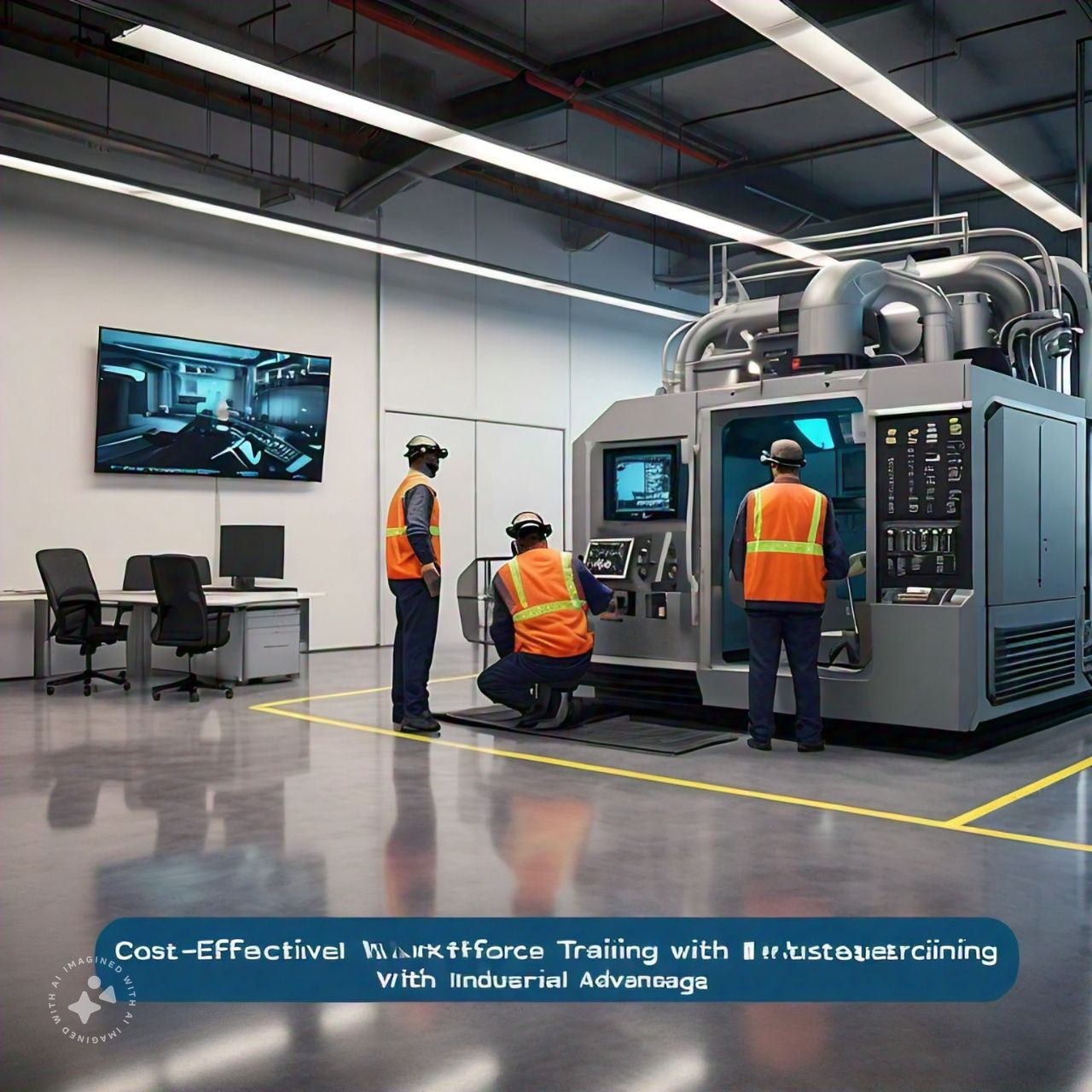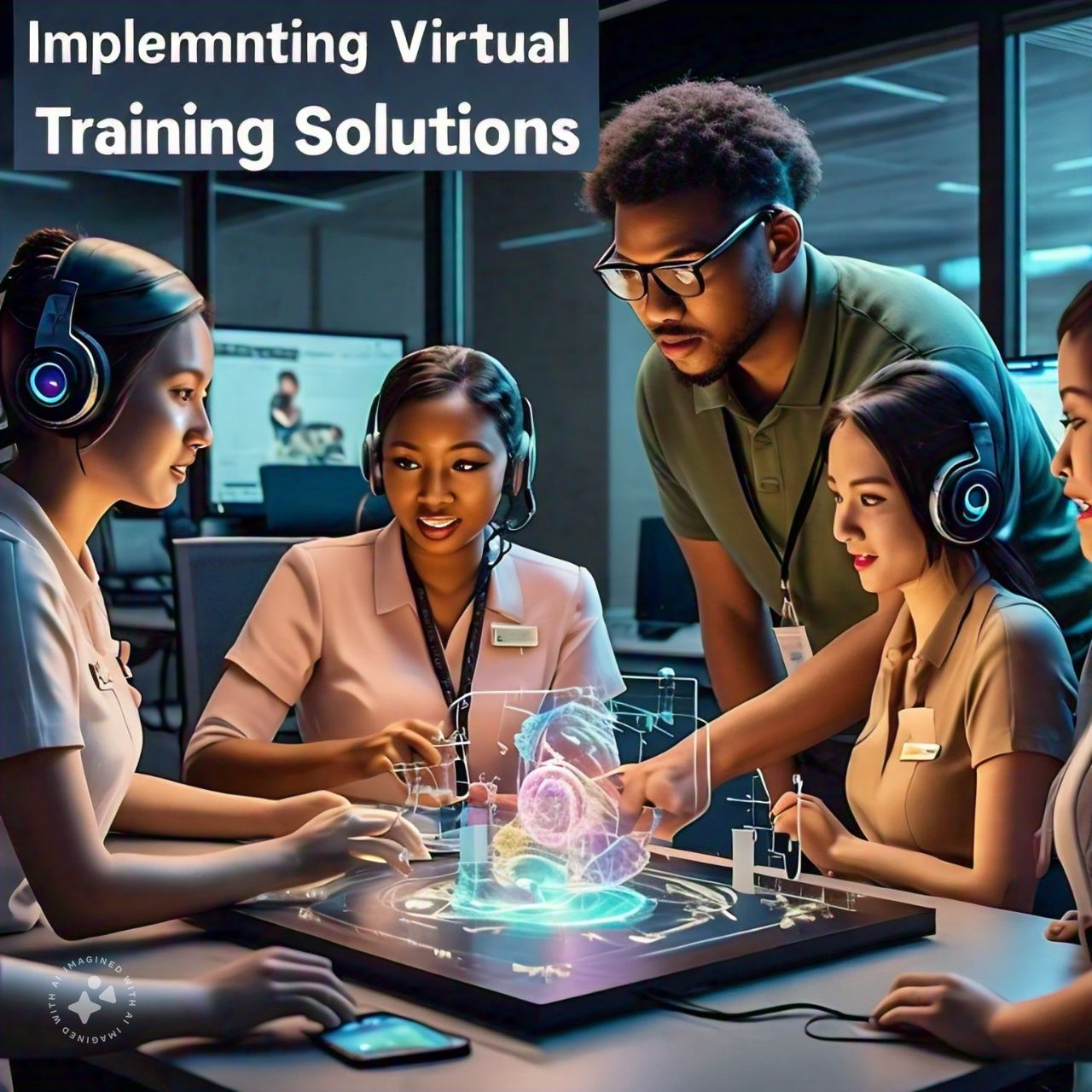Why Tech Companies Need Virtual Reality Consulting to Stay Competitive
In today’s rapidly evolving technological landscape, virtual reality (VR) has moved beyond gaming and entertainment to become a key driver of innovation across industries. Tech companies, in particular, are leveraging VR to develop new products, enhance customer experiences, and streamline operations. However, as the applications of VR become more complex, companies need specialized knowledge to fully harness its potential. This is where virtual reality consulting for tech companies comes into play.
In this article, we’ll explore why VR consulting is crucial for tech companies to stay competitive in 2024 and how these services can help businesses unlock new opportunities.
Understanding Virtual Reality Consulting
Virtual reality consulting involves working with experts who specialize in the development, integration, and deployment of VR technologies. These consultants help companies navigate the technical and strategic aspects of VR, from building custom applications to implementing VR solutions that align with business goals. VR consultants typically offer a wide range of services, including software development, user experience design, hardware selection, and training.
For tech companies, working with VR consultants ensures that they stay ahead of the curve by leveraging the latest innovations and avoiding costly mistakes.
Why Tech Companies Need VR Consulting
1. Access to Specialized Expertise
While many tech companies have in-house development teams, virtual reality is a highly specialized field that requires deep technical knowledge. VR consultants bring years of experience and a focused skill set to the table, ensuring that companies can implement cutting-edge solutions without overwhelming their internal resources.
This expertise is especially important when developing VR applications for sectors like healthcare, education, or industrial training, where precision and user experience are critical. Virtual reality consulting for tech companies allows businesses to tap into this niche expertise and quickly deploy VR solutions that meet industry standards.
2. Improved Product Development
Incorporating VR into product development can revolutionize how companies create and test new products. With VR, designers and engineers can build immersive prototypes, simulate real-world conditions, and identify potential issues before moving into physical production.
However, building effective VR simulations and prototypes requires an understanding of both software and hardware capabilities. VR consultants can guide tech companies through the entire development process, ensuring that the VR components are seamlessly integrated into the product lifecycle. This ultimately leads to faster time-to-market and higher-quality products.
3. Enhancing Customer Engagement
Virtual reality offers a unique opportunity to create immersive and engaging customer experiences. From interactive product demonstrations to virtual showrooms, VR allows tech companies to captivate their audience in ways that traditional digital marketing cannot. For example, instead of simply showcasing a product through images or videos, customers can experience it virtually, exploring features and functionalities in a more dynamic way.
With virtual reality consulting, tech companies can design VR experiences tailored to their target audience, enhancing customer satisfaction and driving brand loyalty. Consultants help businesses craft these experiences while ensuring that they are both intuitive and aligned with the company’s overall marketing strategy.
4. Gaining a Competitive Edge
As VR continues to grow, tech companies that adopt this technology early will have a significant advantage over their competitors. By offering innovative VR solutions and immersive experiences, companies can differentiate themselves in a crowded market. For example, using VR for employee training can significantly reduce costs, improve efficiency, and enhance learning outcomes, giving companies a clear competitive edge.
However, staying ahead requires more than just adopting VR; companies must also ensure that their VR initiatives are scalable and future-proof. VR consulting services provide the roadmap for long-term success by guiding companies on best practices, emerging trends, and the latest technological advancements.

Tech Companies Need Virtual Reality Consulting
5. Navigating Complex VR Technologies
Developing and deploying VR solutions can be complex, especially when integrating them into existing systems. From hardware requirements to software compatibility, tech companies face several challenges when trying to implement VR without disrupting their workflows.
Virtual reality consultants help companies navigate these challenges by assessing their current infrastructure, identifying potential roadblocks, and recommending the most appropriate VR tools and platforms. This ensures that VR technology is smoothly integrated into business operations without causing delays or additional costs.
6. Cost-Effective Solutions
While investing in VR technology can be expensive, partnering with a consultant helps tech companies avoid costly mistakes and optimize their budgets. VR consultants work with businesses to determine the most cost-effective solutions that meet their specific needs, reducing the risk of overspending on unnecessary hardware or software.
Additionally, VR consultants can recommend scalable solutions that grow with the business, helping companies achieve long-term savings and avoid expensive upgrades or replacements down the line.
The Future of Virtual Reality in Tech
As virtual reality continues to evolve, its role in tech companies will only become more prominent. From enhancing collaboration through virtual workspaces to transforming customer interactions, VR will continue to open new possibilities for businesses across industries.
However, to fully harness the potential of VR, tech companies need guidance from experts who understand the nuances of this technology. Virtual reality consulting for tech companies offers the expertise and insights required to navigate the complexities of VR, ensuring that businesses can stay competitive and innovative in a rapidly changing environment.
Conclusion
For tech companies looking to stay ahead in an increasingly competitive landscape, VR consulting is no longer a luxury—it’s a necessity. From product development and customer engagement to navigating complex technologies, virtual reality consulting helps businesses unlock new opportunities and enhance their overall competitiveness. By working with VR consultants, companies can ensure they are well-positioned to leverage the full potential of this transformative technology in 2024 and beyond.
FAQs
- What is virtual reality consulting?
Virtual reality consulting involves working with experts to develop, integrate, and deploy VR solutions that meet business goals. - How can VR consulting benefit tech companies?
VR consulting provides tech companies with specialized expertise, helping them implement VR solutions that enhance product development, customer engagement, and overall competitiveness. - Why is VR important for tech companies?
VR allows tech companies to stay competitive by offering innovative solutions, immersive experiences, and cost-effective training and product development opportunities.















Leave a Reply